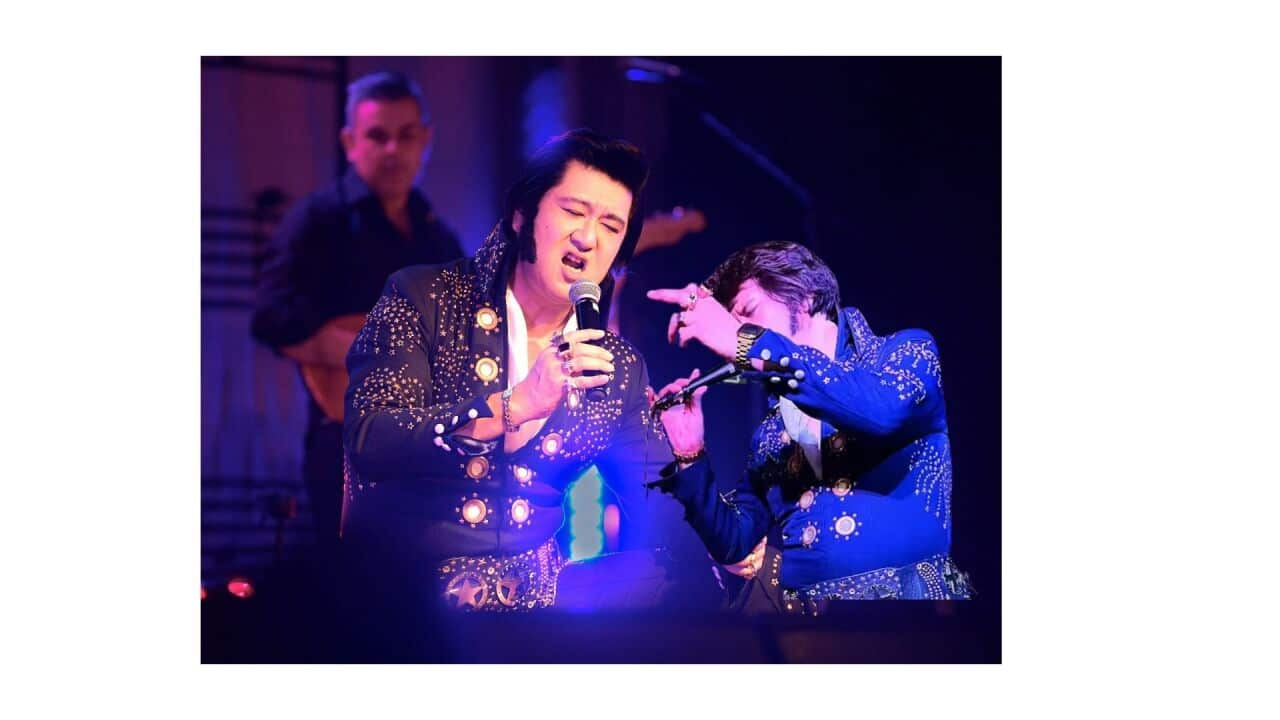英語を理解し話すことは、オーストラリアでの生活を向上させるのにとても役立ちます。ポッドキャスト、では、日々のさまざまなシチュエーションで使えるとっさの英語や表現を、あらゆる例を取り入れて簡単に説明します。
学習ノート
子育てで苦労していることを話すときに使えるさまざまなフレーズ:
- My kids are driving me nuts.
- Getting them to do their homework is like pulling teeth.
- She would rather play video games all day.
- I can’t even get him to pick up his socks
- It’s just exhausting trying to keep on top of them all the time.
- I have to nag them about everything.
口語的な言い回し:
Drives you nuts ー (もの/人が)ストレスを感じさせたり、がっかりさせる。さまざまなシチュエーションで使用可能。
Feels like pulling teeth ー (ものが)難しいタスクであり、多くの我慢や努力を必要とする。
Into something ー 何かを楽しんで行っている。
Would rather do something else ー 何かの別のことのほうがしたい。
To nag someone ー (人に)何かをするよう、いら立つほど何度も繰り返し求めたり、思い出させたりする
To keep on at someone ー to nag someoneと同じ意味。
Hang in there ー 特に困難な状況で、気を確かに持ち、物事を続ける。‘Hang in there!’と相手を応援する時に使う。‘Don't give up!’と類似した意味。
ボキャブラリー:
Offspring ー 娘や息子のような、生物学上の子ども。
Ace ー 何かを極めてうまくこなしたり、完璧になし遂げる。People and things are ‘ace’ (人やものが素晴らしい)、と表現することもできる。例:‘My mates are ace.’
Responsible ー 自分のことを自分でできる、助けや注意なしにすべきことができる。
Independent ー 自分のことを好んで自分からする、他の人の指示がなくても決断できる。
スクリプト:
(注:これは一字一句書き起こしたものではありません)
SBS acknowledges the Traditional Custodians of Country and their connections and continuous care for the skies, lands, and waterways throughout Australia.
Parents are everywhere. In supermarkets they walk with one hand on a shopping list and the other holding a child.
At cafés, they try to find a moment of peace in between feeding children and changing their nappies.
On playgrounds, they try to put an end to fights over toys and cheer on kids as they run around or play on the swings and slides.
Hi, my name is Josipa, and as someone without children myself, I've noticed something fascinating: parents are everywhere and most of them just can’t stop talking about their offspring.
A person’s offspring are their biological children, like your daughter or son.
My friends, Allan and Claire, like to talk about their offspring, like generals talking about war strategies. And more often than not, they complain.
Today, they met the local park. Let’s see if they’re complaining today as well.
Allan
My kids are driving me nuts. I swear, getting my two to do their homework is like pulling teeth.
Claire
I hear you. Emily is the same.
Allan
Tim and Jack would rather play video games all day. It’s just so exhausting keeping on at them all the time.
Claire
I get it. I have to nag Emily about everything.
Allan
Right now, I can’t even get Tim and Jack to pick up their socks.
Claire
Hang in there. They’ll get there in the end!
While working on t this episode, I found a quote that I liked and thought I'd like to share with you. It's from an unknown author and goes like this: ‘Being a parent can be tough. But just remember, in your child's eyes, nobody does it better than you.’
You know maybe could help during those tough days? Talking to other parents, of course, because you share secret codes that other people with kids can readily understand.
So, let’s practise some phrases you can use when your children are challenging. Allan said,
My kids are driving me nuts.
If something or someone drives you nuts, they make you feel stressed or frustrated. You can use this phrase in a lot of different situations.
For example, the other day, when my phone fell out of my bag, the screen cracked, and now it's driving me nuts because I can’t see anything on my screen. And I’m very impatient, so waiting in a long queue at the supermarket also drives me nuts.
Allan also said,
I swear, getting my two to do their homework is like pulling teeth.
Here, Allan is saying that getting his kids to do their homework is very difficult, just like trying to pull teeth out – a very hard job indeed.
How about your kids? Is getting them to study like pulling teeth, or are they really into their studies?
If somebody is into something, they enjoy doing it. For example, I'm really into singing—I really enjoy it. However, that doesn’t mean I’m good at it; I just really like it.
But let’s say your kid is into their studies and they did really well on their maths test. You could say,
She aced the maths test they had last week.
She aced her maths test. So, when you ace something, you do it extremely well or complete it perfectly.
In Australia, specifically in Melbourne, people and things can also be ‘ace’. For example,
Allan
That sandwich is ace.
Claire
My mates are ace.
If something is ace, it is excellent.
Allan’s kids are not into studying because, as Allan says,
They would rather play video games all day.
They prefer to play video games all day. For example, I would rather walk 100 km than go for a dental check-up.
Allan also said,
It’s just so exhausting to keep on at them all the time.
'To keep on at someone' means to keep reminding them or asking them to do something. When I was little, my mum had to keep on at me to do my homework.
It’s not that I was lazy – I just preferred doing other things. Do you find you have to keep on at somebody to do something?
Claire has to keep on at Emily. And how do we know that? Because Claire said,
I have to nag Emily about everything.
'To nag' someone means to keep asking or reminding them to do something over and over again, to the point that it becomes annoying.
So, if your kid keeps calling for you to do something for them over and over again, you could say that they are nagging you.
I hope that doesn’t happen too often. Some of my girlfriends say they have days when they don’t have time to brush their hair because their children are keeping on at them for something.
On those days, I try to stop by their house to make them a cup of tea and say,
They’ll get there in the end!
She means that they will grow up and things will be better. Sometimes taking this longer-term view can be very helpful when you are dealing with children every day. They will grow up in the end!
And when they grow up, they’ll become responsible. That is, they will be trusted to do things on their own and do what they have to do without a lot of help or reminders.
They will also be independent, meaning they will do things by themselves and will be able to make decisions without always needing someone else to tell them what to do.
A big thank you to our educational consultant, Professor Lynda Yates, and our guests Orly, Leonel, Milana and Matthew.
Paul Nicholson and Lily O'Sullivan voiced the characters of Allan and Claire.
READ MORE

Learn English 日本語
SBSの日本語放送は火木金の午後1時からSBS3で生放送!
火木土の夜10時からはおやすみ前にSBS1で再放送が聞けます。
無料でダウンロードできるSBS Audio Appもどうぞ





